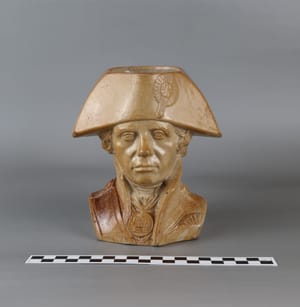This Women’s History Month, Winchester City Museum are exploring the incredibly rich history of women in Winchester. This article focuses on three amazing women: Juliana de la Floude, Mary Sumner, and Josephine Butler, all of whom largely impacted both Winchester’s and global history.
Juliana de la Floude was a washerwoman in Winchester in the 13th century, at a launderette on Upper Brook Street. In response to the mayor and MP of Winchester, John de Tytyng, blocking the water supply to the launderette, Juliana sought a writ from King Edward I to restore her supply. It was because of this that the king outlawed the contamination of local water, declaring ‘water has always been common’. This ruling became part of the United Nations Convention of Human Rights, providing global access of fresh water to billions of people.
You can read more about Juliana de la Floude, 'Juliana of the Water', on our World Water Day article. cultureoncall.com/world-water-day
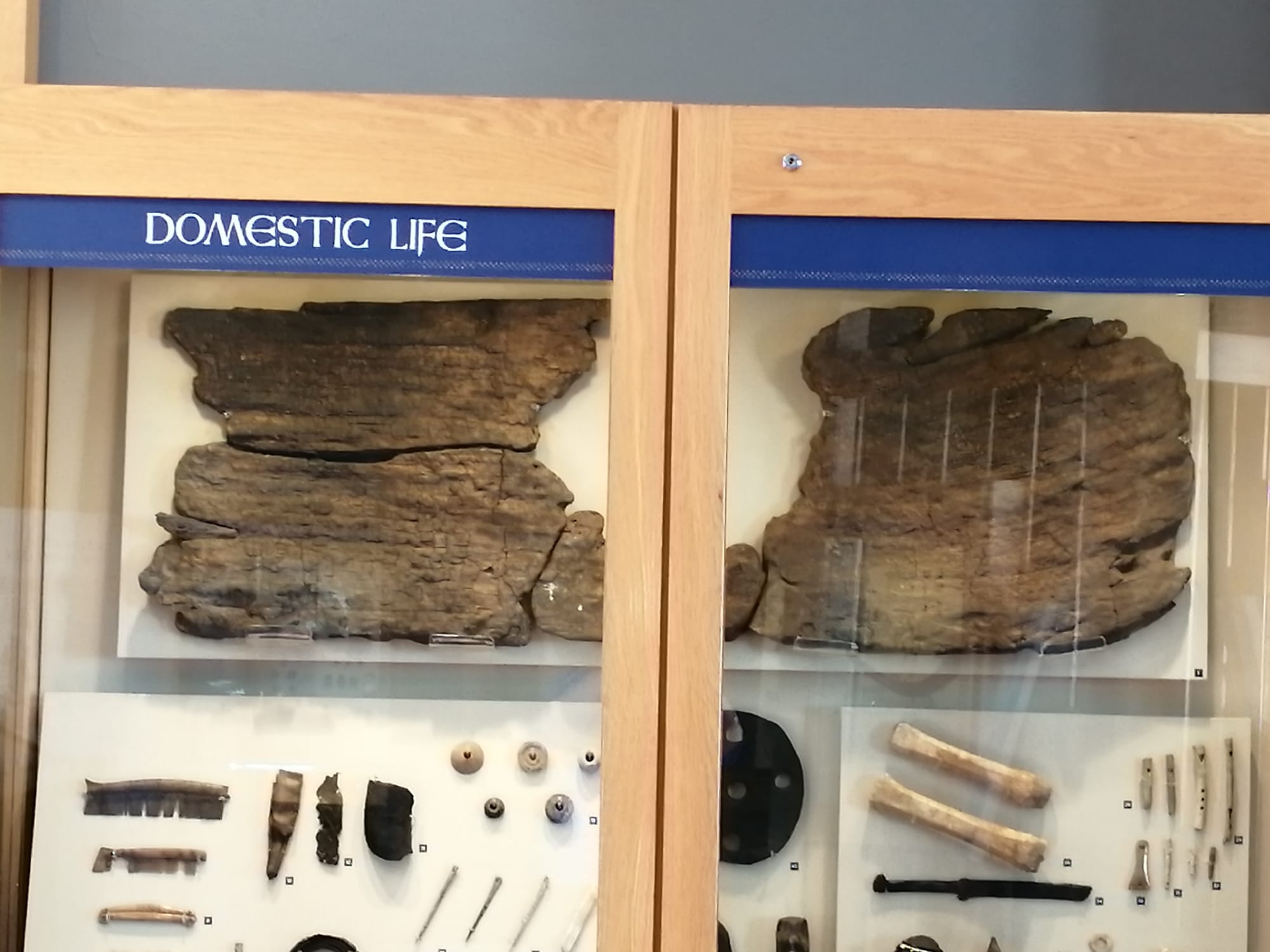
As well as a UN human rights convention, Winchester has witnessed the foundation of another amazing group, the Mothers’ Union. This was established in 1876, when Mary Sumner invited mothers to a meeting at the Church of St. Mary The Virgin in Old Alresford. This was to share parenting advice and encouragement, due to the minimal support that women received while parenting at the time. The group is now a global movement that supports families globally, with four million members across 84 countries. Mary is buried outside Winchester cathedral and the Old Alresford church displays a plaque which commemorates her achievements.
Also achieving great successes for the feminist cause in Winchester at this time was Josephine Butler. Josephine fought to abolish child prostitution and sex trafficking across the world and found a refuge for recovered prostitutes in Winchester. As well as this, Josephine campaigned to repeal the Contagious Diseases Acts which she stated infringed the civil rights of women. To do this, Josephine advocated her cause by speaking out publicly. This was particularly significant at a time when women did not have the right to vote; in fact, Josephine was even shunned by many of her liberal friends. Despite this, Josephine was described as ‘the most distinguished Englishwoman of the nineteenth century’ by political activist and writer Millicent Fawcett.
City Museum’s Roman painted lady and Jewish lead token, at no.27 of the Medieval Winchester Mint case, are also pictured below.
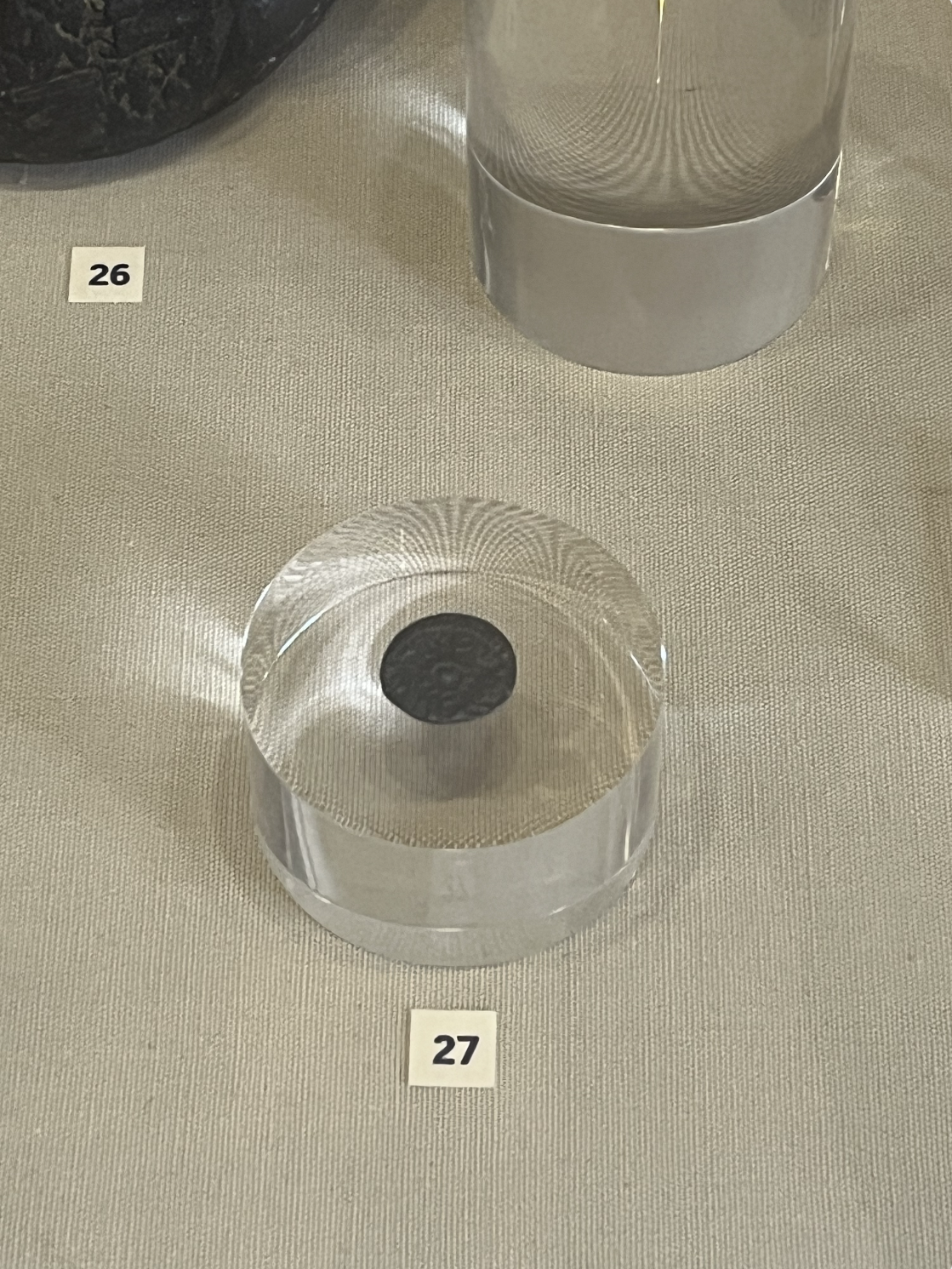
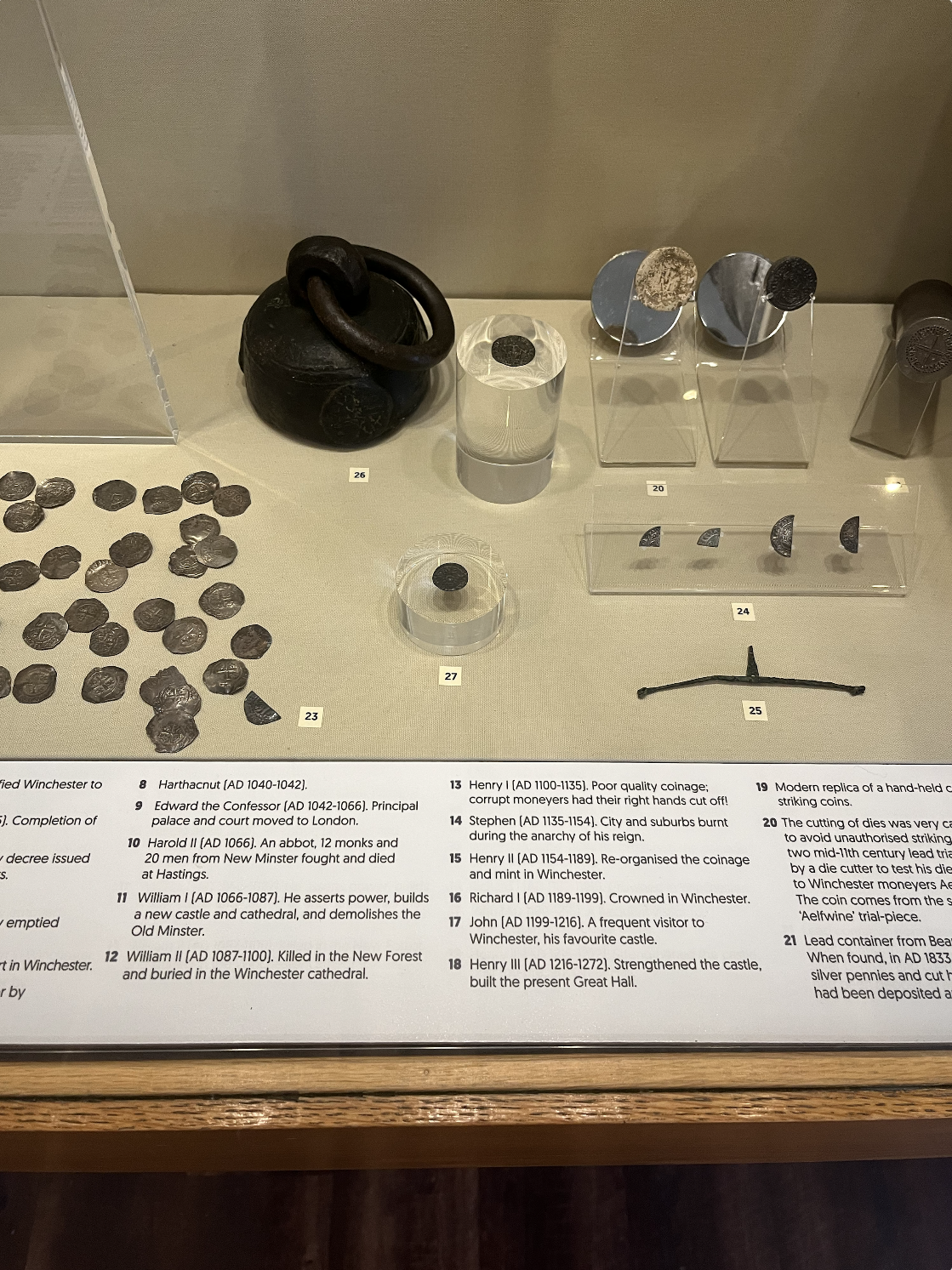
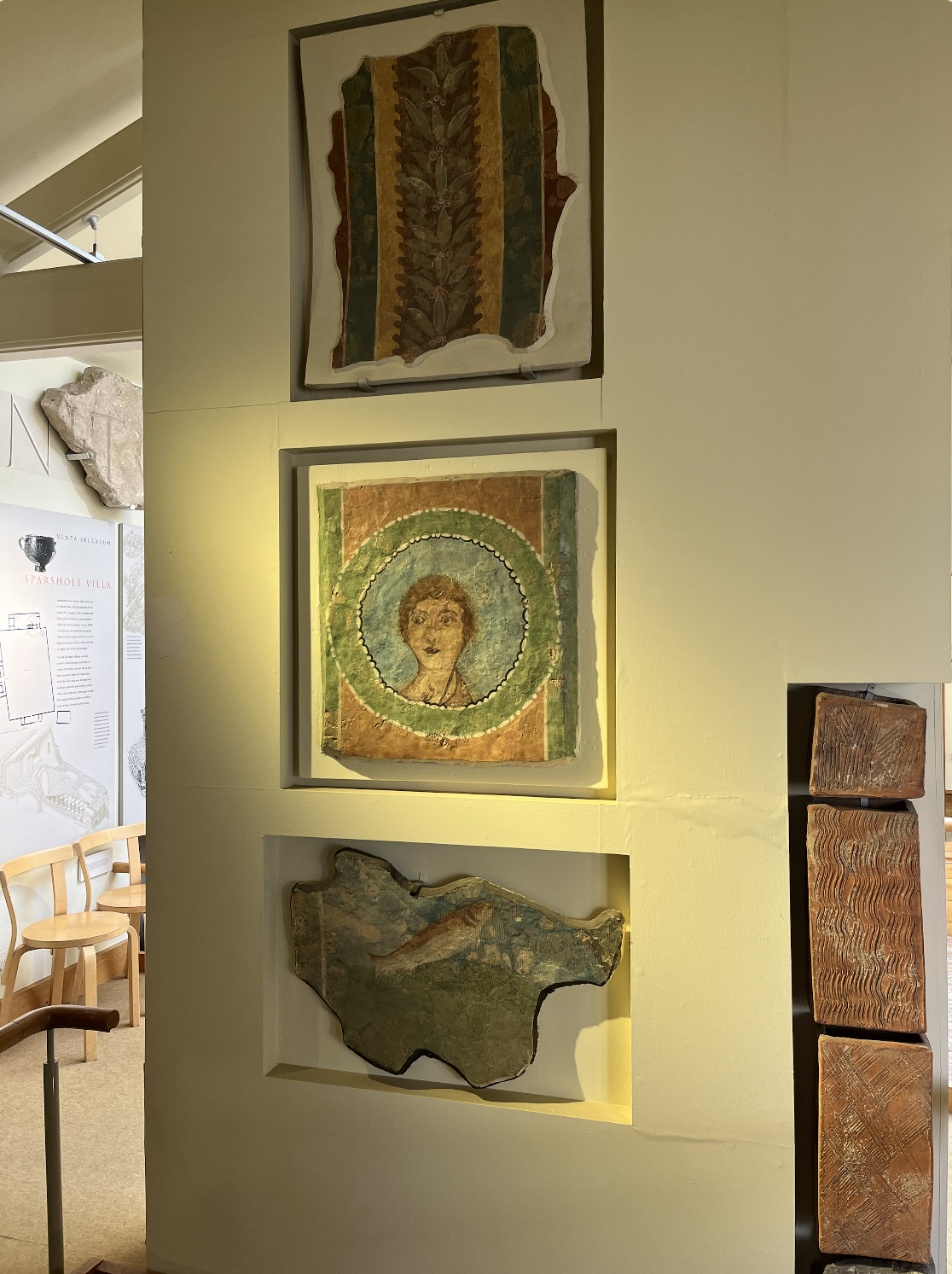
City Museum displays this token in celebration of Licoricia, a Medieval Jewish businesswoman. Head over to Winchester City Museum’s Instagram throughout women’s history month to discover more about Roman women and the incredible career of Licoricia.
With special thanks to Katie Wright, Winchester City Museum volunteer, for this article.



